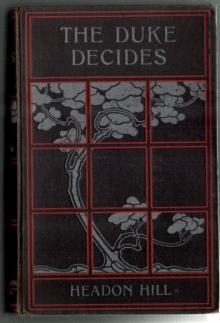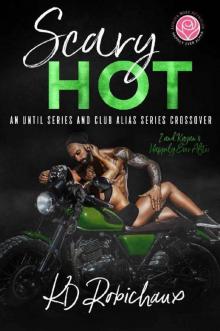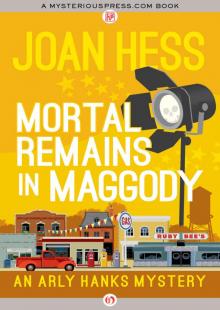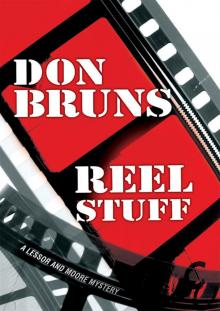At six o\'clock on a May evening, at an uptown corner of Broadway, in New York City, the bowels of the earth opened and disgorged a crowd of weary-faced men and women who scattered in all directions. They were the employees of a huge "dry-goods store," leaving work for the day. It was a stringent rule of the firm that everyone drawing wages, from the smart managers of departments and well-dressed salesladies down to the counting-house drudges and check-boys, should descend into the basement, and there file past the timekeeper and a private detective before passing up a narrow staircase, and so out by a sort of stage-door into the side street. The great plate-glass portals on the main thoroughfare were not for the working bees of this hive of industry—only for the gay butterflies of fashion by whom they lived. The last to come out was a young man dressed in a threadbare suit of tweeds, that somehow hardly seemed American, either in cut or fabric. There might have been a far-away reminiscence of Perthshire moors clinging to them, or earlier memories of a famous creator in Bond Street; but suggestion of the reach-me-down shops from which New York clerks clothe themselves there was none. A flush of anger was fading on their owner\'s face as he came out into the sunlight, leaving a mild annoyance that presently gave place to a grin.

 Plowed
Plowed Scary Hot: An Until Series and Club Alias Series Crossover
Scary Hot: An Until Series and Club Alias Series Crossover The Billionaire's Seduction
The Billionaire's Seduction Mortal Remains in Maggody
Mortal Remains in Maggody Poems for All Occasions
Poems for All Occasions Kirill (Bratva Blood Brothers, #15)
Kirill (Bratva Blood Brothers, #15) Reel Stuff
Reel Stuff Shallow Graves
Shallow Graves